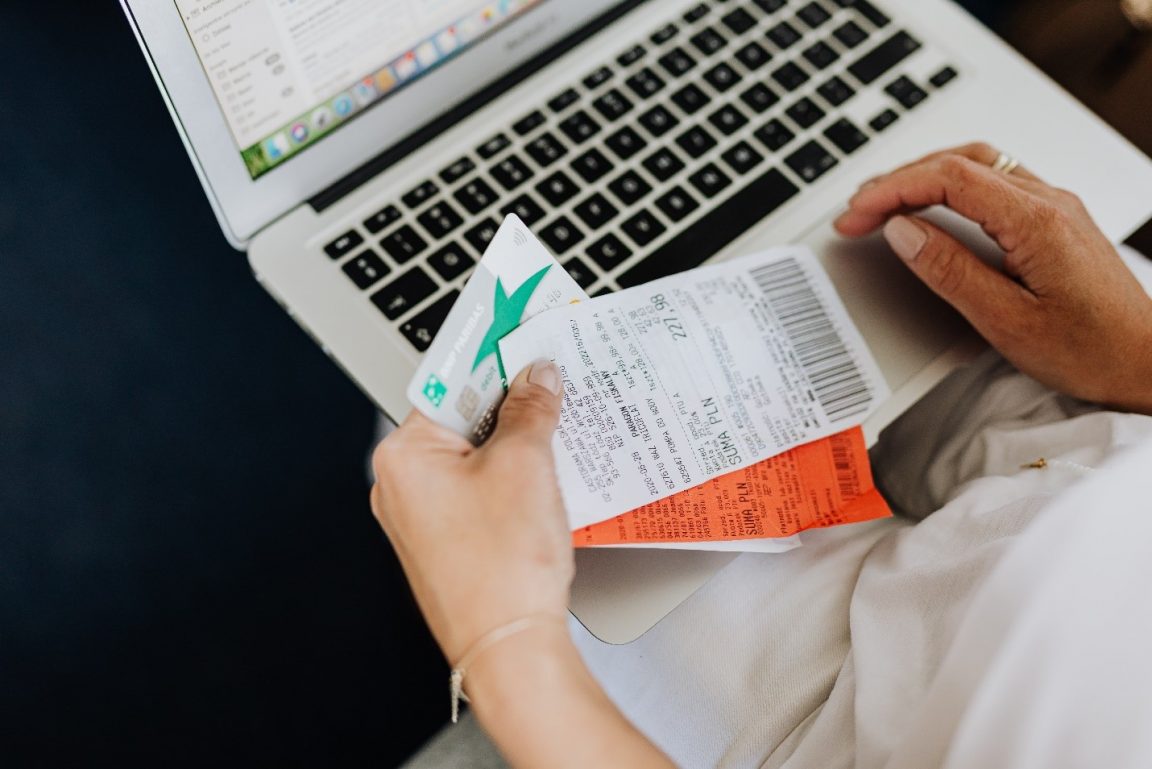Product liability has faded from the headlines. But we should still address the issue. Businesses in various sectors face a significant financial burden from liability insurance costs. Just last year, authorities signed a bill to reduce liability into law.
According to classic legal principles, some American courts are also going toward criteria that raise accountability. Even for companies that were not at fault. Firms cannot avoid being sued. Lawsuits may happen at any time for any business.
What is Product Liability?
Products that are defective or unsafe cause thousands of injuries in the United States each year. When a product is faulty or harmful, they use Product liability law to determine who is liable. So they know who will compensate consumers for their losses.
However, this type of legislation is distinct from ordinary injury law.
In product liability, they can hold a manufacturer or seller responsible for delivering an unsafe product to a customer. All vendors in the distribution chain share responsibility for a product failure that results in an injury.
In general, a product must fulfill the normal expectations of the customer to be legal. Due to unanticipated flaws or risks, a product may not match the customer’s quality standard.
There is no product liability legislation at the federal level. They often make product liability claims under the theory of strict liability, negligence, or breach of warranty. But, it depends on the state they manufactured the product.
Commercial legislation based on the commercial code in each state will also include warranty provisions that govern product liability in the form of warranties.
Who Is to Blame in Product Liability Cases?
Individuals can take legal action against every party in the distribution of faulty goods. There are several people who are liable in the case of damaged products:
- The primary maker of the problematic product.
- Makers of components and parts of the product.
- The entity in charge of conducting product testing before distribution.
- The person or company in charge of putting the product together or installing it.
- The distributor of the product.
- The merchant and the store where the individual purchased the product.
Remember that you may only file a product liability claim against a business owner who has registered their firm with the appropriate government agency.
A product liability lawyer’s assistance may be necessary if you cannot sue a person who makes and sells items out of their garage.
Can E-commerce Shops Be Liable for Defective, Dangerous Products?
In product liability litigation, they can hold several parties throughout the distribution chain accountable for the harm caused by the product.
A lawsuit may be subject to the retail responsibility in some situations. No matter who made or distributed the goods, they can still hold retailers accountable for any harm. Or damage made to the consumer due to a flaw in that product.
Retailers must sell things that are safe to use and will not cause harm to their customers. Retailers may argue that they are not liable for a product since they did not create or produce it and had no idea it was defective.
However, retailers should take steps to guarantee that the items they offer are safe. If retailers do not offer safe products, they may be held accountable if a product they sell injures the consumer. Product liability rules allow you to sue a store or other party even if you weren’t using the item.
The Consumer Protection Act 1987
For faulty items, the Consumer Protection Act of 1987 outlines the consumer’s rights and the responsibilities of firms. A producer is held liable for harm caused by a faulty product under the Act.
The term producer refers to the person or company that makes or imports the goods. An aggrieved customer does not have to prove that a producer was negligent when filing a lawsuit against them.
They can hold manufacturers and importers liable. Even if they were not aware of any faults in their products, even if they had performed safety tests.
What Is the Best Way to Determine if I Have a Good Case for Product Liability?
The products must be safe and not harmful to individuals who use them. If a defective product has caused you or a loved one harm or death, you can seek compensation through a product liability claim.
To win your case, it is critical for you to prove that the manufacturer caused the product’s flaw. Or that another responsible party, such as the sale or distributor caused the flaw. Product liability claims may arise when the product leaves the manufacturer. Even if it successfully cleared all safety tests.
People may file a claim if the product’s packaging injured them or if the product has been tampered with or destroyed. As well as, if its instructions or warnings are inadequate.
Defective Product Liability Lawsuits Against Retailers
When people file a product liability claim against a retailer, there are several particular aspects that they must show. As a first step, it must be demonstrated that the individual utilized the product for its intended purpose alone.
The person using the product must demonstrate the product to be faulty. Third, they must show that they were harmed and experienced losses due to the incident.
Finally, the consumer must show that the flaw in the goods directly contributed to their physical harm.
Claims for defective products brought against merchants can be difficult to prove and sometimes need the assistance of medical and technical specialists.
In these situations, having legal counsel is always the wisest course of action.
Wrapping Up
In many cases, e-commerce shops and retailers believe that product liability does not apply to them since their product does not appear to be dangerous.
If you own an e-commerce store, you need to be aware of the dangers that might befall your clients and your business in case of product liability issues.
Customers who protest, argue, or file a lawsuit against a retailer because of defective goods have no recourse except to assume full accountability.


